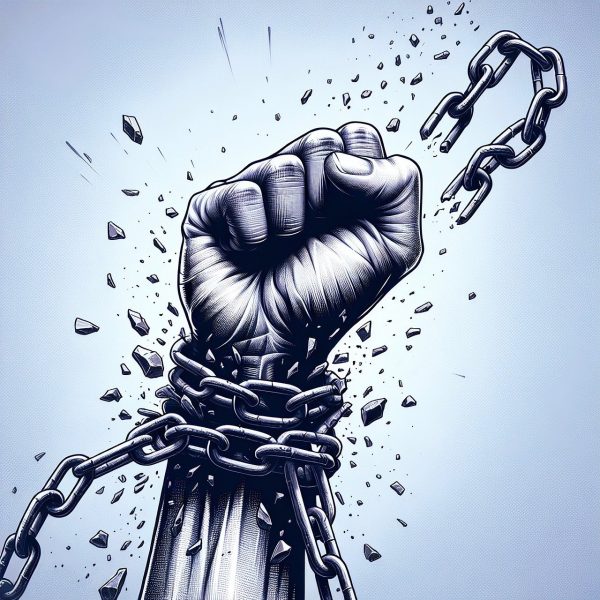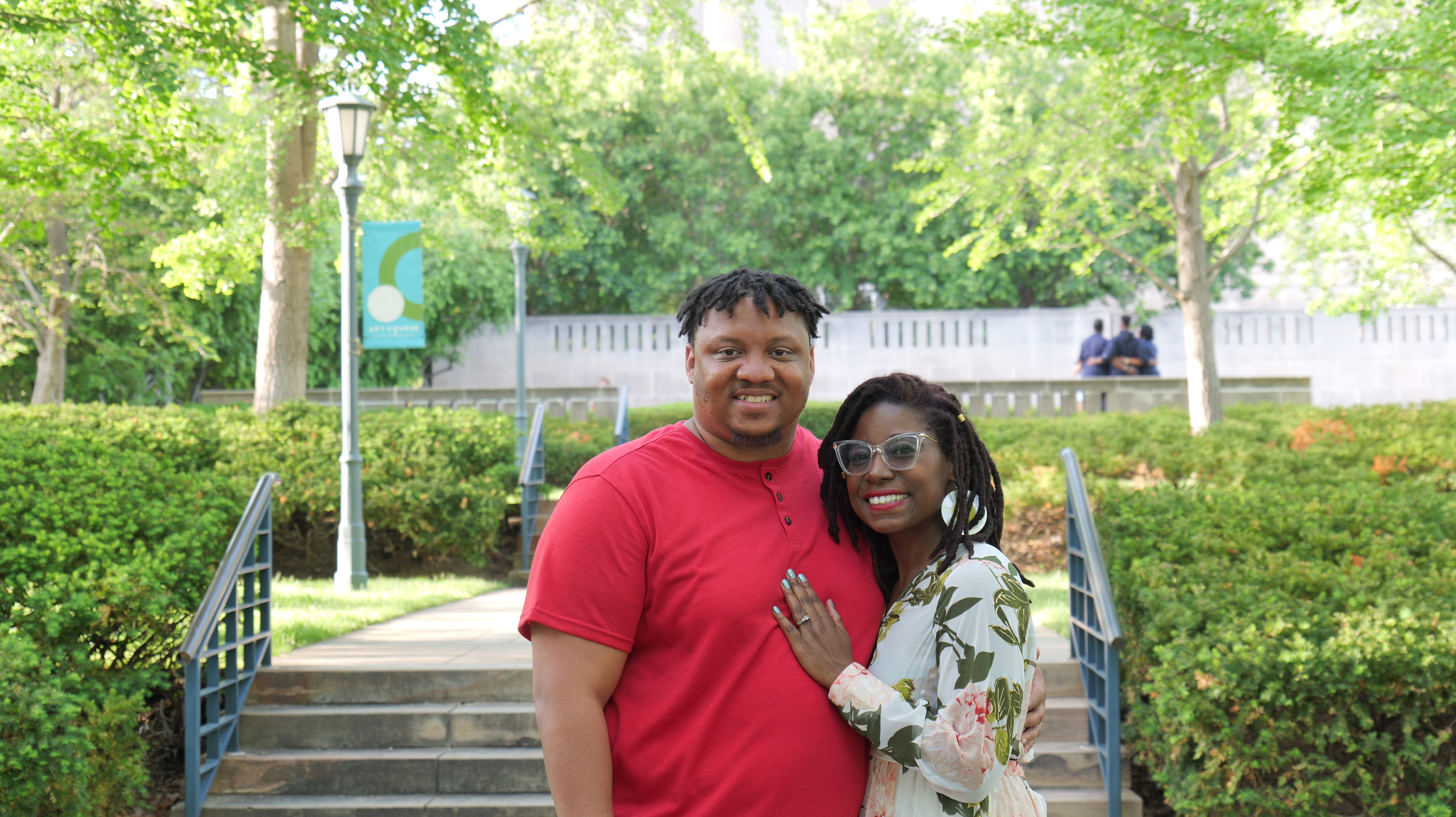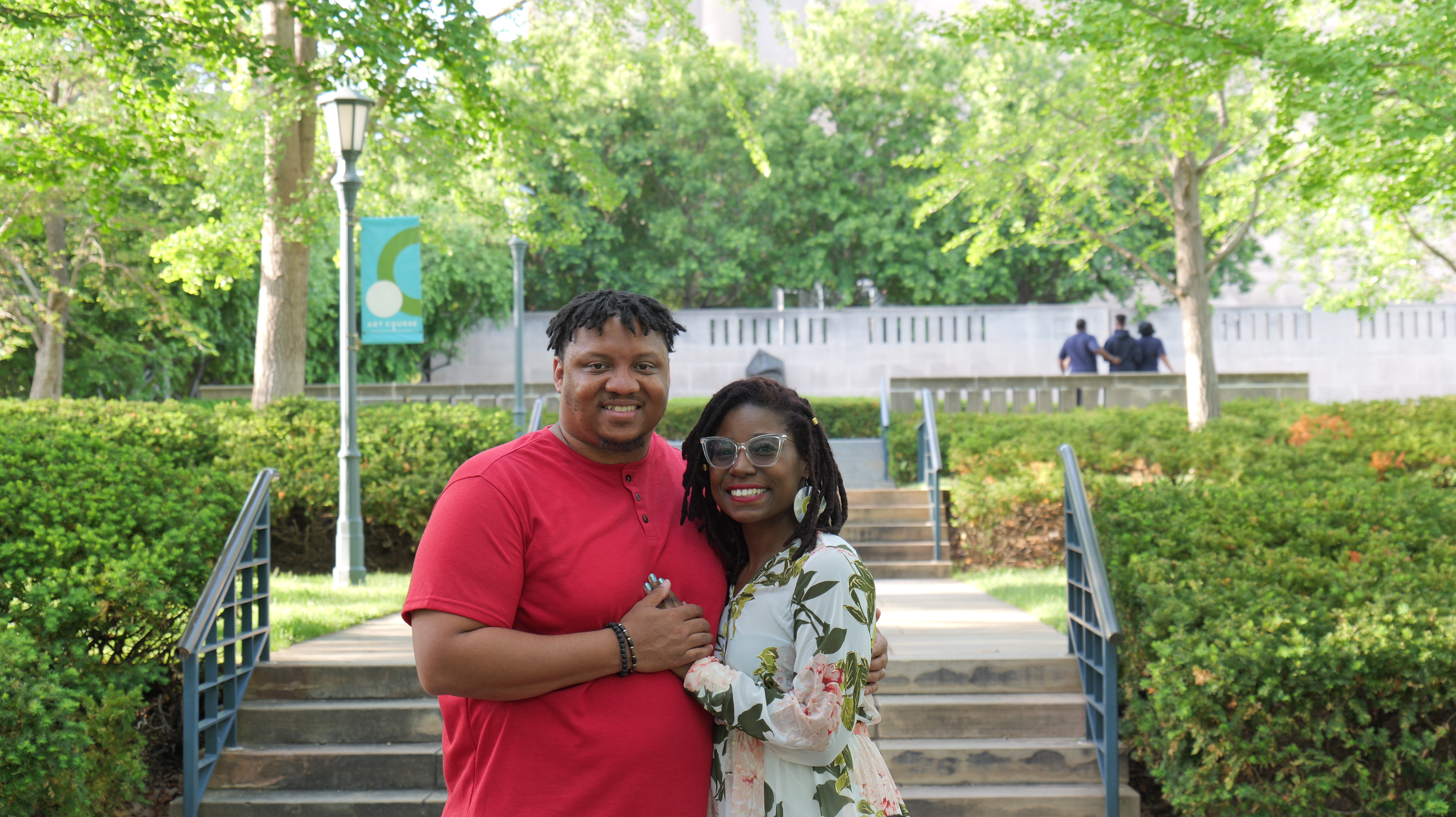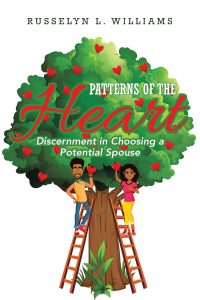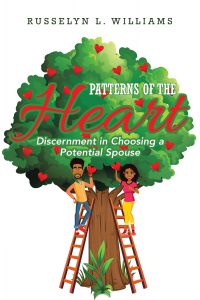Trauma is a response to a traumatic event
Trauma is a response to a traumatic experience that has occurred in our lives. We see in the Bible that a traumatic experience occurred within Jacob’s family. He’d lost his son Joseph. Under the impression that his son was dead; he lived with the trauma of that loss.
Trauma shows up in many ways such as shock, sadness, anxiety or overwhelm in response to the traumatic event. It also can show up as fear and avoidance. We know that fear is paralyzing keeping us in the same place. However, it’s God’s will for us to experience a fully abundant life. This means that we have to work through the fear and challenges that come with trauma.
Don’t seek to Avoid Facing the Fear from Your Trauma
One of the many key factors in overcoming trauma is not to avoid facing the fears and emotions that come with the trauma, but to learn to healthily work through it. Jacob was so aware of his trauma as a result of losing his son that he could articulate it well to his community.
Their father Jacob said to them, “You have deprived me of my children. Joseph is no more and Simeon is no more, and now you want to take Benjamin. Everything is against me!” – Genesis 42:36
But Jacob said, “My son will not go down there with you; his brother is dead and he is the only one left. If harm comes to him on the journey you are taking, you will bring my gray head down to the grave in sorrow.” – Genesis 42:38
How Jacob Got to a Place of Trauma
Let me give you the backstory for anyone who isn’t familiar with this story. Joseph’s brothers had sold him into slavery and led their father Jacob to believe he was dead. Years later, Jacob sent his sons to Egypt to buy food because they’d been in a famine. Joseph, Jacob’s son unbeknownst to his brothers and father, was the ruler of the land.
He accused the brothers of being spies to search out the land instead of buying food. Joseph shared with his brothers that the only way he would believe they weren’t spies would be for them to bring back their youngest brother, Benjamin. Benjamin was Joseph’s full brother. The above scripture is Jacob’s response to his son’s request to get Benjamin back to him.
Time Will Need to Be Allowed to Heal from Trauma
When we are in trauma, it takes time to heal. It takes time before we are truly ready to face and accept the traumatic experience that has occurred and the fact that we have to face how we feel along with our fears to move forward. This is why it’s important not to take drugs or alcohol while processing trauma because they can numb how we feel. This results in us delaying ourselves the benefit of working through our trauma. Working through our trauma is what eventually leads to healing.
Jacob was still working through the trauma of losing his son Joseph. Benjamin, having been requested to leave him was a trigger point for his trauma causing discomfort.
Sometimes, carrying trauma can push us into such a place of discomfort requiring us to face our fears. In Jacob’s case, the food had run low again. He had to face his fear of sending his youngest son, Benjamin, to Egypt or else he and his family would have died.
Now the famine was still severe in the land. So, when they had eaten all the grain they had brought from Egypt, their father said to them, “Go back and buy us a little more food.” – Genesis 43:1
Take your brother also and go back to the man at once. And may God Almighty grant you mercy before the man so that he will let your other brother and Benjamin come back with you. As for me, if I am bereaved, I am bereaved.” – Genesis 43:13-14
Our Trust in God Grows as We Work Through Our Trauma Facing Our Fears
On top of Jacob, facing his fears, he had to also trust God with whatever the outcome would be. He had to make a choice saying to himself that he would still be okay, come what may. We have to do the same thing when our hearts become faint at traumatic experiences that we’ve encountered. Little did Jacob realize; that his entire remaining years would not be marked by trauma. He would experience joy again in a way that seemed unreal.
When we are dealing with trauma, it feels the same. It feels like we will not be able to live again to the full extent that maybe we have lived before. But when we face our fears working through our trauma trusting in God—He will exceed our expectations to the point of being stunned.
Jacob’s Restoration
Let me share what happened next. The brothers went back to Egypt with their younger brother Benjamin. After Joseph tested his brothers, to see if they would protect his younger brother Benjamin, he revealed himself to his brothers. His brothers went back to their father sharing that Joseph was yet alive and was the governor of Egypt. The Bible says Jacob was stunned at this news.
One translation of scripture says, Jacob’s heart fainted within him at the news because he did not believe them. The word faint in Greek means to grow numb or be feeble. This was a state Jacob had lived in. I believe the news initially acted as a trigger to take him back to the place of the pain of the loss of his son. Yet, he stayed engaged with his sons as they continued to show him proof.
He finally knew it was not a cruel joke. His son Joseph was indeed alive and longed to see him. Jacob went from being faint-hearted to his heart and spirit being revived.
But when they told him everything Joseph had said to them, and when he saw the carts, Joseph had sent to carry him back, the spirit of their father Jacob revived. And Israel said, “I’m convinced! My son Joseph is still alive. I will go and see him before I die.” – Genesis 45:27-28
I believe this story is a picture of how God wishes for us to walk in freedom after experiencing traumatic heartache. He doesn’t want us to stay in that place of pain. He wants us to keep on living—not just to get through the day, but to greatly enjoy our days. If you are on a journey to healing after experiencing any type of trauma or heartache; please remember it will not always be this way. God has more for you. Your life isn’t over. Continue to trust God to see what he uses to revive your spirit.
Know that God will also always use our traumatic experiences for our good and the good of others as he did with Joseph, his brothers, and Jacob. We can expect this as God is the same yesterday, today, and forever.


